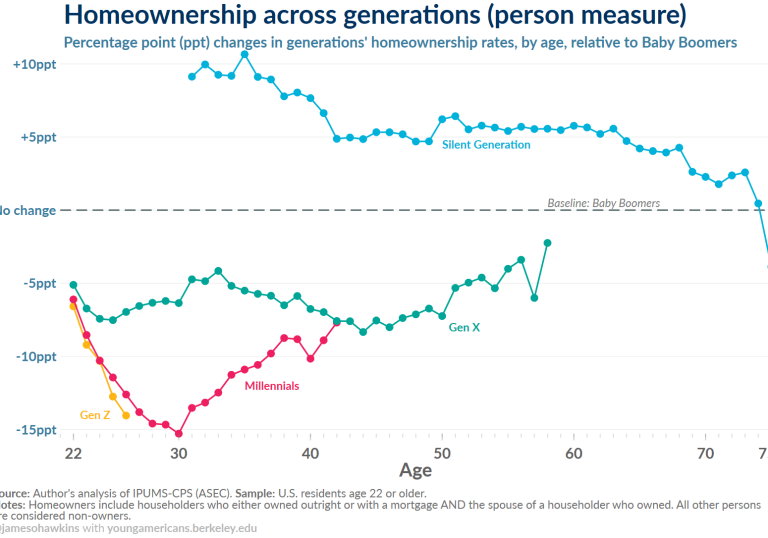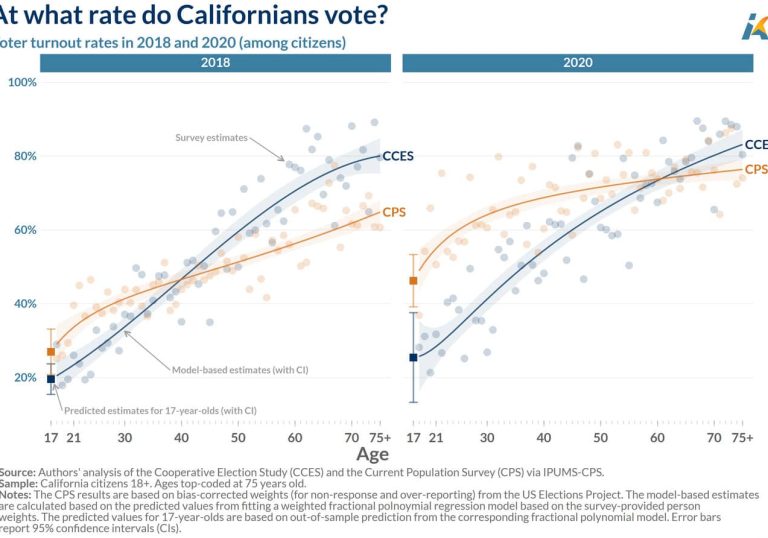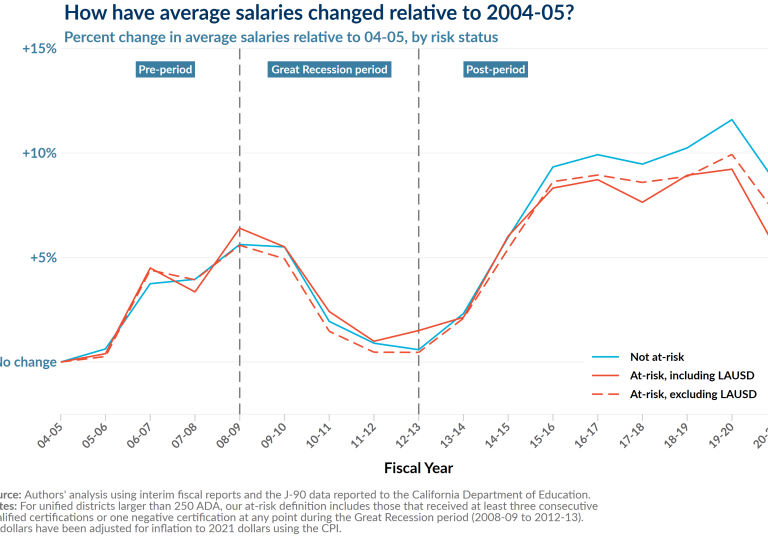The Zillow Transaction and Assessment Dataset (ZTRAX) is a comprehensive, national real estate database made available free of charge to U.S. academic, nonprofit and government researchers. ZTRAX is largely made up of administrative data collected from public agencies that assess real estate. Given the scale of the ZTRAX data and variance in record keeping practices across localities, researchers must exercise care in working with and creating analysis that involve the data.
In order to verify the accuracy of the data that we extract from ZTRAX, we draw heavily on work previously completed by the Places Lab at Boston University that documents missingness and error within ZTRAX. We also create a series of benchmarks that compare statistics obtained from ZTRAX against various public data sets that allow for examining equivalent geographic subsets of housing data.
For our analysis of Proposition 13 using the ZTRAX data, see A Reexamination of Proposition 13 Using Parcel Level Data.










